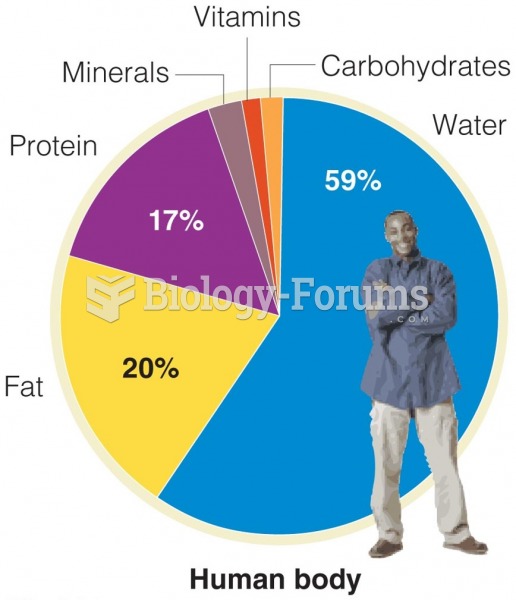Answer to Question 1
The four general categories of careers are steady-state, linear, spiral, and transitory. A steady-state career reflects a one-time commitment to a certain kind of job that is maintained throughout one's working life. In a linear career, a person progresses through a sequence of jobs, and each job entails progress over the prior one in terms of responsibility, skills needed, level in the hierarchy of an organization, and so on. In a spiral career, a person holds different types of jobs that build on each other but tend to be fundamentally different. A person with a transitory career changes jobs frequently, and each job is different from the one before it.
Answer to Question 2
A career can be defined as the sum of work-related experiences throughout one's lifetime. A career includes the number and types of jobs a person has had, as well as the different organizations for which a person has worked.
A career can have major effects on a person's economic and psychological well-being. At a basic economic level, work provides most people in modern society with the income they need to support themselves and their loved ones and pursue their personal interests. From this economic perspective, career opportunities are an important source of extrinsic motivation for employees. As a source of psychological well-being, work can provide personal fulfillment, as well as give a sense of meaning and purpose to people's lives. From this psychological perspective, career opportunities are an important source of intrinsic motivation.
Effectively managing careers helps an organization motivate its members to achieve individual and organizational goals and perform at a high level. Effective career management in an organization means that there will be well-qualified employees at all levels who can assume more responsible positions as needed to help the organization achieve its goals. Organizations can help motivate their members through career management by helping them develop the knowledge, skills, abilities, and other inputs needed for high levels of performance and by rewarding high performers with career opportunities, such as valuable experience and training, choice job assignments, and promotions.







